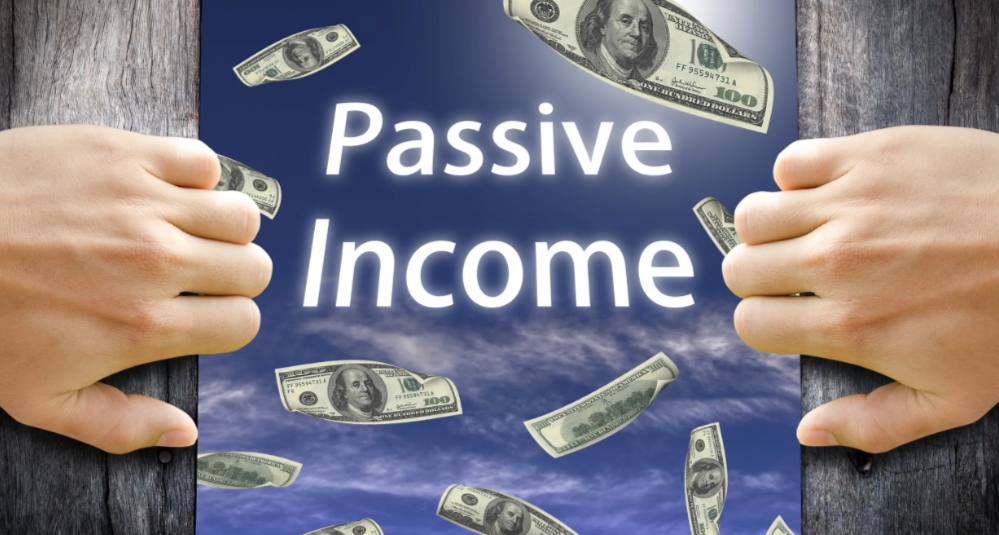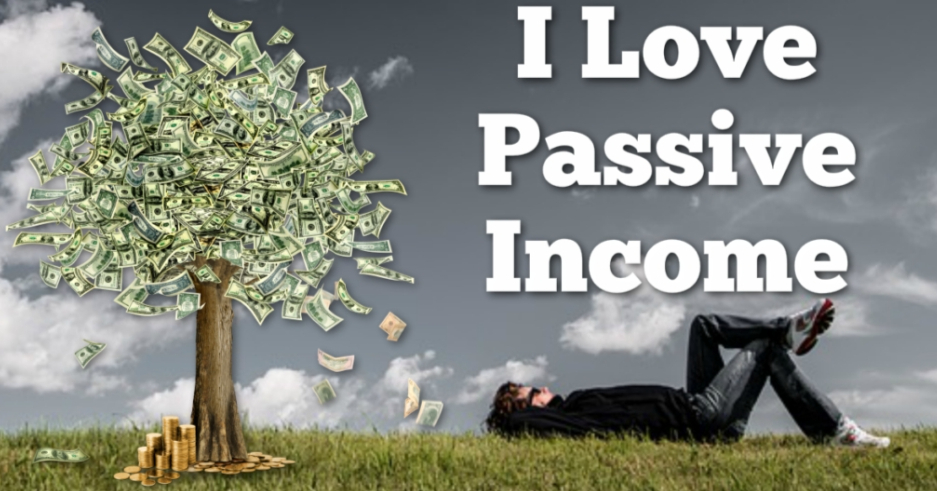We have already considered some aspects of obtaining passive income. Today we will analyze what opportunities an investor has to use this strategy in the current conditions.

The concept of passive income
If active income implies regular activities aimed at obtaining money (trading, real estate flipping, and so on), then passive income implies that its recipient does not need to actively and regularly manage their assets.
Passive Income Options
For an asset to generate passive income, it must have a number of features, which include:
- Predictable cash flow.
- High reliability.
- Medium- or long-term nature of investments.
- No requirements for the permanent participation of the investor in management.
There are the following assets that meet these requirements:
- Blue Chips.
- High-quality bonds.
- Deposits.
- Residential Properties.
There are other, less common ways to generate passive income, such as lending to a business or buying a stake in commercial real estate. They can be considered as additional options if the investor has not found suitable instruments for himself among the most common ones.
The nuances of a passive income strategy
An investor who aims to receive passive income must take into account several factors.
Planning horizon. When selecting objects for investment, it is important to remember about short-term fluctuations in their value. Even traditionally safe assets such as quality real estate or blue chips are subject to volatility and the risk of falling prices. The longer the planning horizon, the more likely it is to get an average income, avoiding short-term surges and falls.
Risk attitude. Passive income focuses more on moderate risk, which does not need to be constantly monitored when rebalancing a portfolio. But here a lot depends on the investor himself, on his patience, calmness and focus on a certain level of income.
The specifics of a particular asset. Any asset has its own characteristics, which are reflected in the final financial result. For example, when acquiring real estate for subsequent rental, he needs to be aware of property tax and other similar expenses.
Another point that must be taken into account when compiling an investment portfolio is the correlation of its components. The closer it is to one, the stronger the risk of the portfolio in the event of an unforeseen situation.

At first glance, the passive income strategy does not involve any particular difficulties: invest in a quality asset and earn interest. But in fact, its competent use requires an understanding of many nuances, from taking into account the specifics of individual assets to the correlation of the components of the investment portfolio.